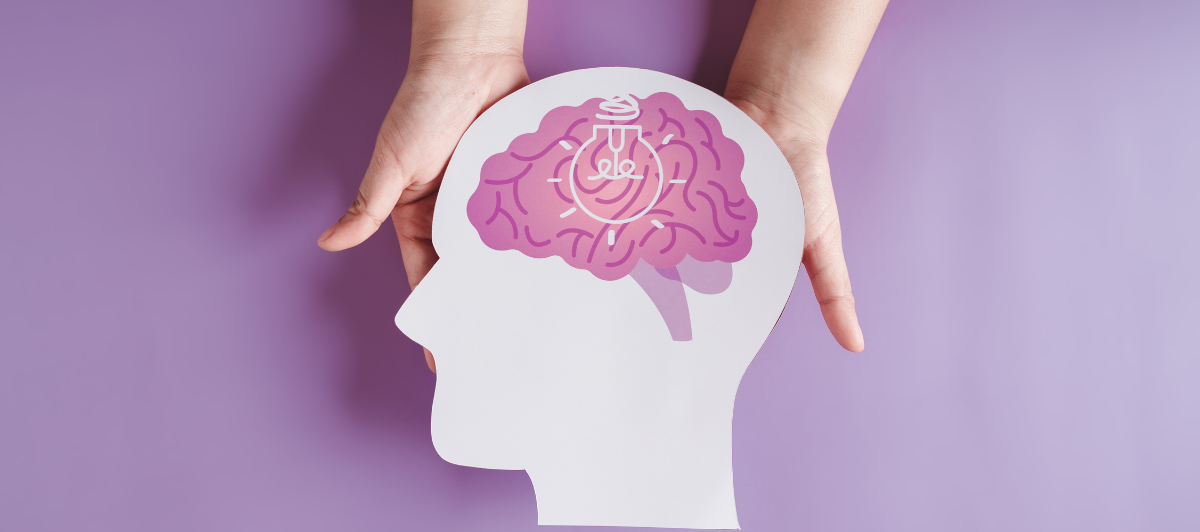Living with Low Energy/Fatigue
Imagine, you’re up with the sun, another day full of opportunities and responsibilities ahead of you. But, as you drag yourself out of bed, a weight seems to press you back down. The routine tasks you once carried out effortlessly now feel like mountains to climb. By the afternoon, your body screams for rest, your mind clouds over, and you struggle to keep your eyes open. The energy, the vitality you once had, has been replaced with persistent fatigue that is affecting your relationships, your work, and your joy for life. This isn’t occasional tiredness; this is your daily reality, living with chronic fatigue.
When is Daily Fatigue Considered Not Normal?
Although it’s common to occasionally feel tired due to a late-night or a busy day, persistent fatigue that lingers on, irrespective of the amount of rest you get, is not normal. Chronic fatigue, that feeling of constantly being in a state of exhaustion, could be a sign of an underlying health concern. When your daily fatigue prevents you from performing your regular activities and you don’t feel refreshed even after a good night’s sleep, it’s a sign that you should pay attention to what your body is telling you.
Root Causes of Fatigue
Fatigue doesn’t just happen; it’s often the symptom of one or several underlying issues. Let’s dive into some of the main functional root causes of fatigue:
Poor Nutrition
● Eating a diet low in essential nutrients can result in feelings of exhaustion. Our bodies need a balanced intake of vitamins, minerals, and macronutrients to function optimally.
● Consuming too much processed food can spike and crash your blood sugar levels, leading to periods of fatigue.
● Deficiencies in certain nutrients, such as iron or B vitamins, can directly lead to decreased energy production at the cellular level.
Inadequate Sleep
● Chronic sleep deprivation has a direct effect on your energy levels, cognitive function, and overall health.
● Conditions such as sleep apnea interfere with the quality of your sleep, leaving you feeling tired during the day.
● Persistent insomnia, either difficulty falling asleep or staying asleep, can lead to chronic fatigue.
Chronic Stress
● Persistent stress can lead to adrenal fatigue, where your adrenal glands cannot produce enough stress hormones, resulting in a feeling of constant tiredness.
● High stress levels can interfere with your sleep patterns, further exacerbating fatigue.
● Chronic stress can also lead to depressive symptoms, one of which is ongoing fatigue.
Sedentary Lifestyle
● Lack of physical activity can make you feel sluggish and tired as your body equates the sedentary behavior with rest.
● Regular exercise boosts your energy levels, improves your mood, and enhances your sleep.
● An inactive lifestyle can also lead to weight gain, which can result in feelings of fatigue.
Blood Sugar Imbalances
● Imbalances in your blood sugar, often caused by a diet high in processed carbohydrates and sugars, can lead to energy highs and crashes throughout the day.
● Chronic high blood sugar levels can lead to insulin resistance, a condition that can cause constant fatigue among other symptoms.
● Hypoglycemia, a condition where your blood sugar levels drop too low, can also cause fatigue.
Thyroid Disorders
● The thyroid gland regulates your metabolism, so any disorder affecting this gland can cause fatigue.
● Hypothyroidism, a condition where your thyroid gland does not produce enough hormones, often results in feelings of tiredness.
● Even subclinical hypothyroidism, where your thyroid levels are on the lower end of the normal range, can cause fatigue.
Adrenal Dysfunction
● Your adrenal glands produce hormones that help manage stress and maintain energy levels. Any dysfunction in these glands can lead to fatigue.
● Long-term stress can lead to adrenal dysfunction often commonly referred to as adrenal fatigue, where the adrenal glands cannot keep up with the constant demand for stress hormones.
Mitochondrial Dysfunction
● The mitochondria are the powerhouses of your cells, responsible for producing energy. If they aren’t functioning correctly, it can lead to fatigue.
● Conditions such as Chronic Fatigue Syndrome have been linked to mitochondrial dysfunction.
● Environmental toxins, poor diet, and certain diseases can all contribute to poor mitochondrial function.
Underlying Health Conditions
● Chronic fatigue may be a symptom of underlying medical conditions, such as anemia, diabetes, heart disease, or autoimmune disorders.
● Mental health conditions like depression and anxiety can also manifest as physical fatigue.
● Fatigue can be a side effect of certain medications.
Fatigue Relief
Combatting fatigue and regaining your energy requires targeted strategies that address the root causes. Here are 10 tips to kick-start your journey towards a more energetic life:
Eat Balanced, Nutrient-Rich Meals: Ensure your diet includes a good balance of proteins, complex carbohydrates, and healthy fats. These foods will provide steady energy throughout the day.
Stay Hydrated: Dehydration can cause feelings of fatigue. Aim to drink enough water throughout the day to stay well-hydrated.
Establish a Regular Sleep Schedule: Prioritize good sleep hygiene by creating a consistent sleep schedule and optimizing your sleep environment.
Manage Stress: Implement stress-reducing activities like yoga, meditation, or deep-breathing exercises into your daily routine.
Regular Exercise: Incorporate physical activity into your routine. Even light exercise, like a daily walk, can boost energy levels.
Limit Caffeine: While caffeine can give a quick energy boost, it can also lead to energy crashes later. Try to reduce your caffeine intake.
Moderate Alcohol Intake: Alcohol can interfere with the quality of your sleep, leading to feelings of fatigue the next day.
Avoid Processed Foods: These foods can cause blood sugar spikes and subsequent crashes, leading to periods of fatigue.
Check for Nutrient Deficiencies: Have regular check-ups to ensure you’re not deficient in any crucial nutrients that could be causing fatigue.
Seek Professional Help: If your fatigue persists, consult with a healthcare professional to rule out any underlying medical conditions.
Conclusion
Persistent fatigue is a sign that your body is out of balance. While it’s a common complaint, it’s not something you should ignore. It’s your body’s way of telling you that something isn’t quite right.
By understanding the potential root causes of your fatigue and implementing lifestyle changes, you can begin to regain your vitality.
But remember, you don’t have to do this alone. If you’re feeling overwhelmed or if your symptoms persist, seeking professional help is essential.
Schedule an initial consultation call today and get personalized assistance to bring back the energetic you. You are not alone in this journey. Together, we can reclaim your energy and your life.




Join My Inner Circle
Thank you for joining our inner circle. Stay tuned for the latest news, research, and advice delivered straight to your inbox.
Please try again later.
Get the latest news, research, and advice delivered straight to your inbox.
Phone:
(732) 414-6223
Email: inna@realhealthsolutionsllc.com
Business Hours:
Monday & Wednesday: 11a-7p
Tuesday & Friday: 11a-3p
Thursday: 11a-5p










